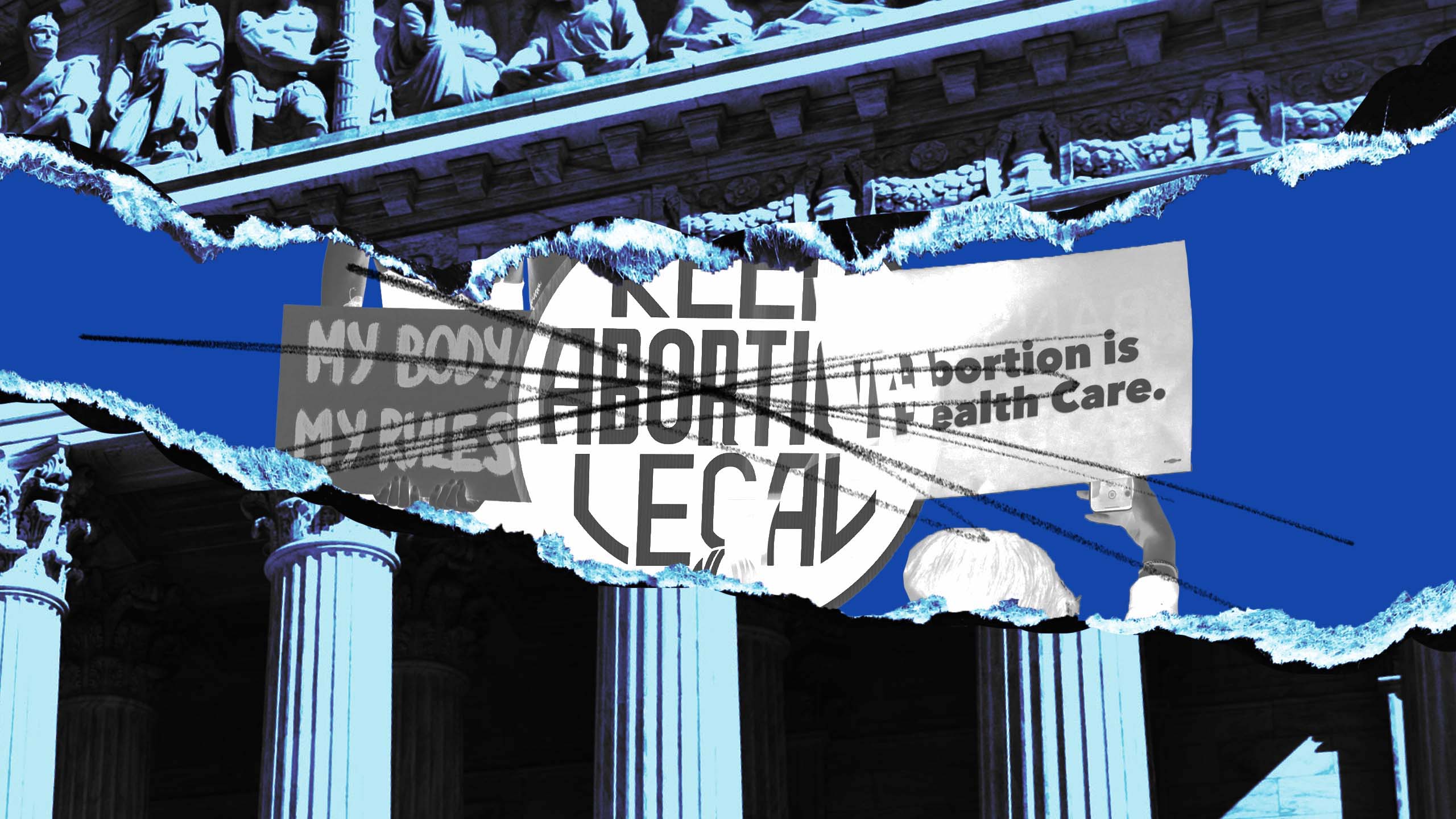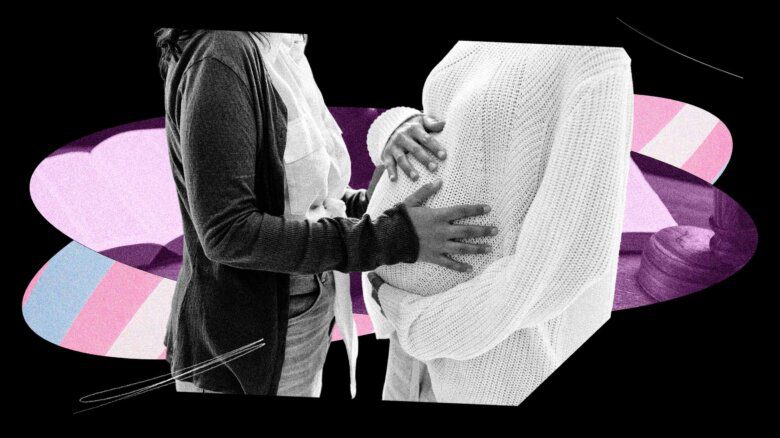Roe v. Wade never had to be a lost cause. Before 1976, abortion in America was a bipartisan issue: there were Democrats (like Joe Biden) who opposed it, and Republicans (like Betty Ford and Vice-President Nelson Rockefeller) who were in favour. Even in Roe’s last days, 61 percent of Americans believed abortion should be legal in all or most instances.
Today, the Supreme Court has voted to overturn Roe v. Wade by a margin of 6-3. There is no federal right to abortion in America, and the procedure is expected to become illegal in at least 26 states.
You can blame a lot of different factors for how we got here: the 2016 election of Donald Trump, the decades of work done by Republicans to stack the judiciary, or the fact that Democrats never codified Roe into law when they had the chance. Abortion-rights advocates lost the moral and rhetorical victory long before they lost the legal battle, and that happened for one reason: the longest, loudest, and most effective medical misinformation campaign of all time.
I cannot even begin to tell you how many lies the average American heard about abortion in the past four decades—how many lies every potentially pregnant person in my life heard about their own pregnancies, their own bodies, their own right to make medical decisions. We heard that abortion caused cancer, infertility and suicide. We heard that “abortion,” as a term, extended to cover emergency contraception, birth control pills and IUDs. We heard that aborted fetuses could feel pain and that they were conscious during the procedure. We got fake “abortion” footage using images of full-term stillbirths whose parents were, presumably, grieving. We heard that Planned Parenthood “sold baby parts.”
“I cannot even begin to tell you how many lies the average American heard about abortion in the past four decades.”
Decades before anti-vaxxers and COVID-19 conspiracies, abortion was a test of just how much medical misinformation the American public would believe. In my late teens, after an inadvertently unprotected hookup, I went to a local clinic for Plan B. The doctor denied it to me because it was “a form of abortion.” It wasn’t; Plan B can prevent an egg from implanting, but cannot terminate a pregnancy. Things had just gotten so bad that she, a doctor, didn’t understand the medication she was being asked to prescribe.
The lies worked. They worked so well, in fact, that we are still being lied to. The moral panic over trans children—which has extended to proposed bans on transition care for adult trans people, and no small amount of fear-mongering about cis queers “grooming” children to accept their homosexual lifestyles— follows the exact same model as the campaign to overturn Roe. Every time we’re told that puberty blockers are “experimental,” or that large numbers of children are being “rushed” through transition without medical supervision, or that testosterone is dangerous because it causes infertility or that being trans is a ticket to developing suicidal impulses and/or cancer, just like abortion used to be … every time that happens, the fight against Roe, which is really the fight against bodily autonomy for everyone, is still ongoing.
Abortion is a private medical procedure—in the recent past, many people had mild opinions about it, or no opinion at all. What the Right learned from Roe v. Wade is that if you flood the field with enough inflammatory misinformation, emotionally charged rhetoric and gory shock, an ordinary medical decision can be turned into the Chernobyl of identity politics; something so radioactive that it has to be abandoned for fear of contamination. Democrats famously backed off abortion in the name of “compromise,” just as they are now backing away from trans rights.
“Poor people, Black and brown people, and queer and trans people, have always struggled to access the care supposedly guaranteed to them.”
This is how rights are lost, and we know, because we’ve lost them: an issue that was not always polarizing becomes so when one side never stops demonizing it, and the full-throated, unequivocal defence that we need never really arrives. If this feels like a strictly American problem, if you feel secure in your own body from where you are standing elsewhere in the world, I would advise you to think otherwise. The backlash against “gender ideology” and the rights of marginalized genders is organized, it is international and it can make inroads very, very quickly. As recently as 2016, every major pundit believed Roe to be secure.
This is a painful moment, and yet, there is opportunity embedded in this failure. Right now, from where we are standing, we can see the future. If we don’t like it, we can change. The “right” to abortion has never been equally distributed in America: poor people, Black and brown people, and queer and trans people, have always struggled to access the care supposedly guaranteed to them by the Supreme Court’s earlier decision. Reproductive justice leaders from those communities are already prepared for a post-Roe universe, and it is their expertise we need to heed now.
I believe abortion will be legal in all 50 states again, though I’m no longer sure that will happen within my lifetime; if women and trans people cannot control our pregnancies, or our bodies, then we cannot control our lives. The issue is too vital to be neglected. Some day, we will learn to fight back in a way that works. We cannot do that, though, without grasping the root issue of bodily autonomy for everyone—everyone who can get pregnant, and everyone who can’t. We need to name all the lies our oppressors are still telling, and all the ways the right to live comfortably in our own skin is being taken away.


 Why you can trust Xtra
Why you can trust Xtra